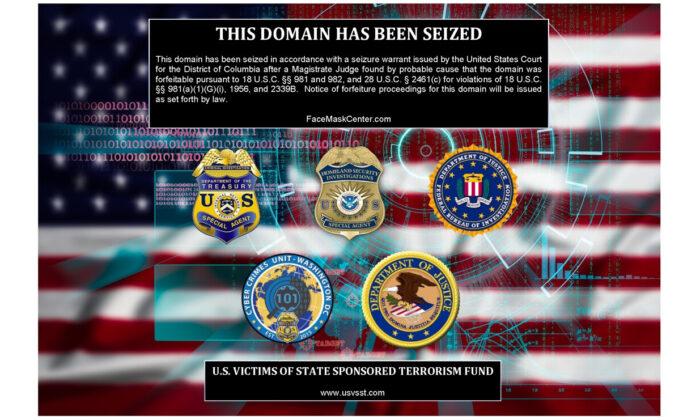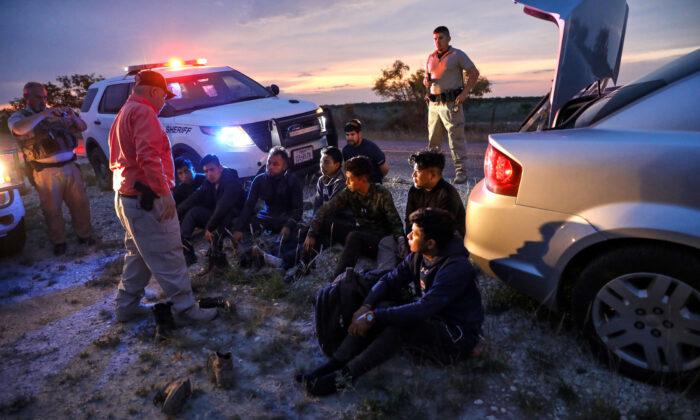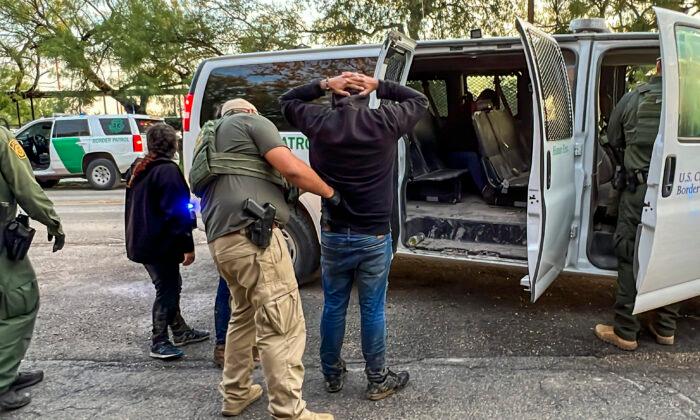WASHINGTON—Federal law enforcement agencies announced the dismantling of three terrorist organizations’ fundraising campaigns on Aug. 13.
The terror organizations involved are al-Qassam Brigades (the paramilitary wing of Hamas), al-Qaida, and the ISIS terror group. All three used social media and cryptocurrency to raise money for their operations, according to the Department of Justice (DOJ).
The DOJ has taken down four websites and four Facebook pages, and seized $2 million and more than 300 cryptocurrency wallets. Officials said it’s the largest-ever seizure of digital currency funds related to terrorism.
“The efforts by these groups covered a wide range of bad behavior from duping people to donate to a charity, to openly asking for money to support their terrorist activities, to preying on our fears of the COVID epidemic by purporting to sell PPE,” Don Fort, chief of the IRS’s Criminal Investigation division, said in a conference call on Aug. 13.
“I can tell you this: It’s very satisfying to seize money from an organization whose sole mission is hate and terror.”
Al-Qassam Brigades Campaign
In the beginning of 2019, the al-Qassam Brigades solicited bitcoin donations on its social media page, before moving fundraising efforts to its website pages, according to the DOJ.“The al-Qassam Brigades boasted that bitcoin donations were untraceable and would be used for violent causes,” the DOJ said in a statement. “Their websites offered video instruction on how to anonymously make donations, in part by using unique bitcoin addresses generated for each individual donor.”
U.S. law enforcement seized the infrastructure of the al-Qassam Brigades websites and subsequently covertly operated AlQassam.net, the DOJ stated. During the operation, donations were diverted to bitcoin wallets controlled by the United States.
At least one U.S. citizen is being investigated for donating to the terrorist campaign, according to officials.
ISIS Campaign
ISIS operative Murat Cakar is charged with setting up a website and four Facebook pages to sell fake personal protective equipment, including to a customer in the United States who sought to purchase N95 masks and other protective equipment for hospitals, nursing homes, and fire departments.Al-Qaeda Campaign
A Syrian-based scheme by al-Qaeda and affiliated terrorist groups operated a bitcoin money-laundering network using Telegram channels and other social media platforms to solicit cryptocurrency donations, according to the DOJ.“In some instances, they purported to act as charities when, in fact, they were openly and explicitly soliciting funds for violent terrorist attacks,” the DOJ stated.
Undercover Homeland Security Investigations agents communicated with the administrator of a related charity called Reminder for Syria that was soliciting bitcoin donations to finance terrorism.
“The administrator stated that he hoped for the destruction of the United States, discussed the price for funding surface-to-air missiles, and warned about possible criminal consequences from carrying out a jihad in the United States,” the DOJ statement reads.
The investigation into all three cases is continuing, and the United States has blacklisted many other related bitcoin wallets, adding up to “several million” dollars, according to DOJ officials.
The forfeited funds may eventually be directed to U.S. victims of state-sponsored terrorism.





